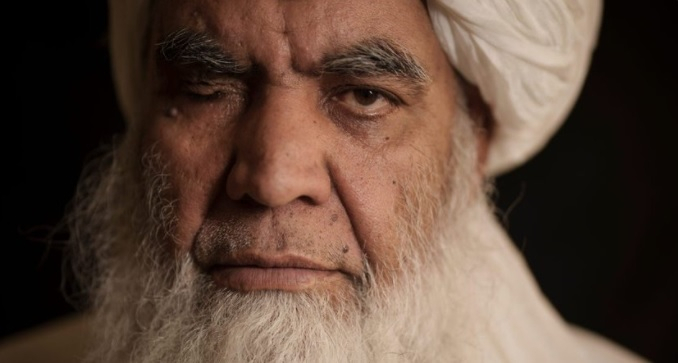After taking the control of Afghanistan, the Taliban said that they will try to present themselves as a more moderate and a changed entity compared to their brutally repressive past rule. But a Taliban co-founder recently said they will bring back executions and amputations as a form of punishment.
Mullah Nooruddin Turabi said this in an interview with the The Associated Press published Thursday. Turabi, a powerful figure from the late 90s, said that executions and strict punishments would return. He warned the world against interfering with Afghanistan's new rulers.
Inhuman Executions Will Be Back
"Everyone criticized us for the punishments in the stadium, but we have never said anything about their laws and their punishments," Turabi told AP, speaking in Kabul. "No one will tell us what our laws should be. We will follow Islam and we will make our laws on the Quran."
"Cutting off of hands is very necessary for security," Turabi said, stating that it had a deterrent impact, according to the outlet, which also reported that he said the Cabinet is examining whether to mete out punishments publicly and will "develop a policy."
He added the Taliban will also allow Afghans to use televisions and mobile phones and take photos and video, with the hope that sharing images of executions will have a deterrent effect.

Turabi was justice minister of the Ministry of Propagation of Virtue and Prevention of Vice in Taliban government of the late 90s. He is now in-charge of prisons. He is a chief enforcer of Taliban's harsh interpretation of Islamic law.
Harsh and Hardline Policies
The dreaded Taliban rule in Afghanistan of the late 1990s was marked by brutal executions, often carried out in public at Kabul's sports stadium and sometimes in front of crowds.
They were known for their ruthless public punishments such as executions by gunfire and amputations of a hand of convicted thieves. Criminal trials were usually held in private and "weighted in favor of Islamic clerics," according to the AP, but will now be conducted by judges, some of whom will be women.
Return of Taliban's Notoriously Brutal Practices
Though Taliban claim that their rule this time around would be different, there are worrying signs that things may soon go the old way. There has been particular concern in the international community over what Taliban rule will mean for Afghan women and girls.
Earlier this month, the Taliban announced that Afghan universities will be segregated by gender. The Islamist group has also shut down the women's affairs ministry and replaced it with the Ministry of Virtue and Vice that once enforced strict religious doctrines. They have also responded violently to women-led protests.
In yet another letdown of their promise to safeguard women's rights, the Taliban have not allowed girls to return to secondary schools, effectively enforcing a ban on their higher education.








